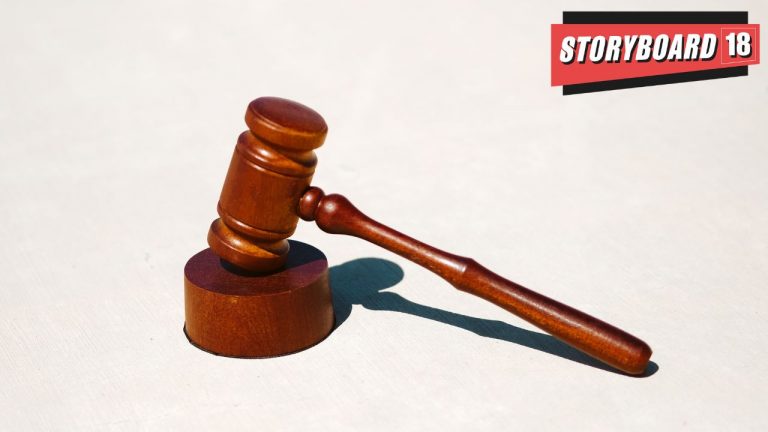
In a win for celebrity rights, the Delhi High Court recently ruled in favour of actor Jackie Shroff. The May 15th decision recognises his ‘personality rights,’ meaning he has legal control over how his name, image, voice, and other unique characteristics are used. This prevents unauthorised use for commercial purposes. This follows a similar case two years ago involving Amitabh Bachchan.This trend highlights a growing concern among celebrities – protecting their public image from exploitation.
What are personality rights?
“Protecting a person’s reputation and personal identity is the main goal of personality rights, sometimes known as the right to publicity. They provide people authority over how their name, likeness, image, and other distinctive characteristics are used for profit,” said Shashank Agarwal, Advocate, Delhi High Court.
This regulation covers advertising, commerce, endorsements, and defamation protection. In the context of intellectual property, ‘personality rights’ refers to the legal rights that people have over and against certain aspects of their own identities, personas, and public personas. These rights are different from more conventional forms of intellectual property rights, which are mostly used to safeguard commercial and creative works, such as copyrights, trademarks, and patents. Protecting a person’s reputation and sense of self is the main goal of personality rights.
Indian courts have protected certain aspects of personality rights by using the current IP statutes. For instance, names, signatures, and trademarks were protected; performances of personalities were protected under copyright.
“The closest law to protecting personality rights in India is Article 21 of the Indian Constitution. But in some aspects, Indian Courts applied the provisions under Copyright and Trademark for granting protection of certain aspects. The Copyright Act, 1957,Personality/Publicity rights and Trademark Law are the laws that protect the identities of celebrities,” Agarwal added.
Common violations
A few typical infractions in these cases include unauthorised use of resemblance where someone’s picture or resemblance is used for business ventures without that person’s consent. That goes for pictures, movies, or any kind of representation.Then there is misappropriation of name or identity. This happens when someone’s name, voice, or signature is used in commercials or merchandise without that person’s permission. There is also the possibility of false endorsement cases where it is implied that someone supports a good or service but this happens without their consent, which can mislead the public and harm that person’s reputation.
Commercial exploitation is another key violation where someone makes money through the unapproved use of a person’s distinctive characteristics, such as catchphrases, mannerisms, or other distinguishing characteristics.
Last but not the least there is defamation which includes making untrue claims that damage someone’s reputation, which may have an indirect negative impact on their right to privacy.
In addition to the Copyright Act of 1957 and the Trademark Act of 1999 celebrities also have other legal recourse options.
Remedies for violation
As in the case of Jackie Shroff there were 18 defendants and all the defendants used his name, famous words, images, and animations in different ways. Shroff has registered the name, words, and logo under the Intellectual Property Law like- Trademark, Copyrights etc.
Other than getting injunctions like Shroff where the court orders preventing further unauthorised use of their name, image, or likeness, a celebrity can also claim damages for financial losses and harm to reputation resulting from the violation. The court may also order the violator to hand over profits made from the unauthorised use. Another relief available is corrective advertising where it is mandated for the violating party to issue public corrections or clarifications if false endorsements have been made.
According to Subhash Bhutoria, founder and principal at boutique law firm, LAW SB, for Courts in India, imitation doesn’t seem to be a form of flattery anymore.
“Recent trend of entertaining personality rights related disputes as commercial matters, have largely shifted the domain from criminal offence of impersonation and fraud to passing off and moral right violation. This trend of a deliberate overlap of trademark laws into copyright, has given rise to a new jurisprudence and India, being a common law country, has set the law more in terms of an IP violation,” he said.
Personality right is not defined in any statute. However, the broader understanding is in respect to the celebrity name including his/ her sobriquets, his/ her likeness and images. Names can be trademarked provided they are used in the course of trade and business in respect to certain goods or services, images are copyright subject matter and likeness is the realm of offences relating to impersonation. The parameters of trademark, copyright or criminal offences are well defined and hence it is critical how these aspects of personality can create a plausible cause for action under existing laws.
“Actions like Passing off and provisions under the Information Technology Act, 2000, offer further protection against identity theft and disclosure of private information. Celebrities in India possess legal avenues to safeguard their identities from unauthorised commercial exploitation. By leveraging constitutional rights, trademark registrations, copyright laws and information technology laws, they can effectively protect their persona from misuse for financial gain,” said Kirti Vyas, Associate, ASL Partners.
